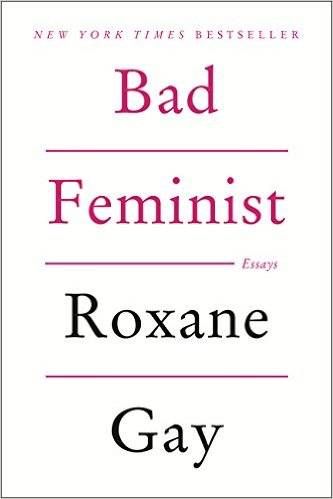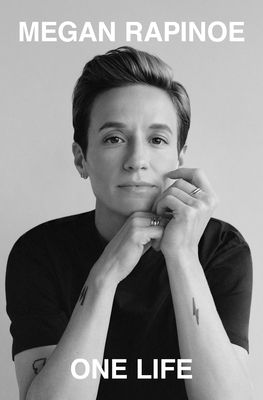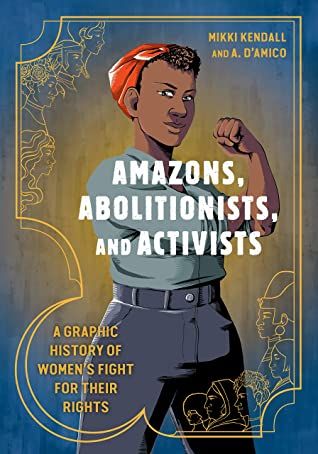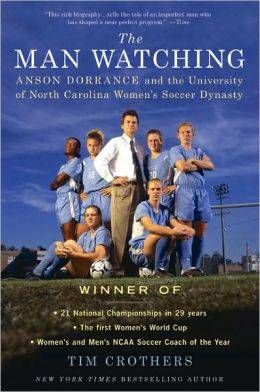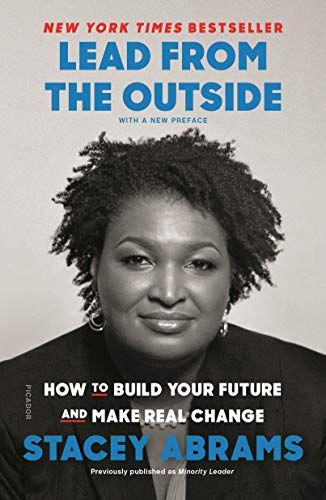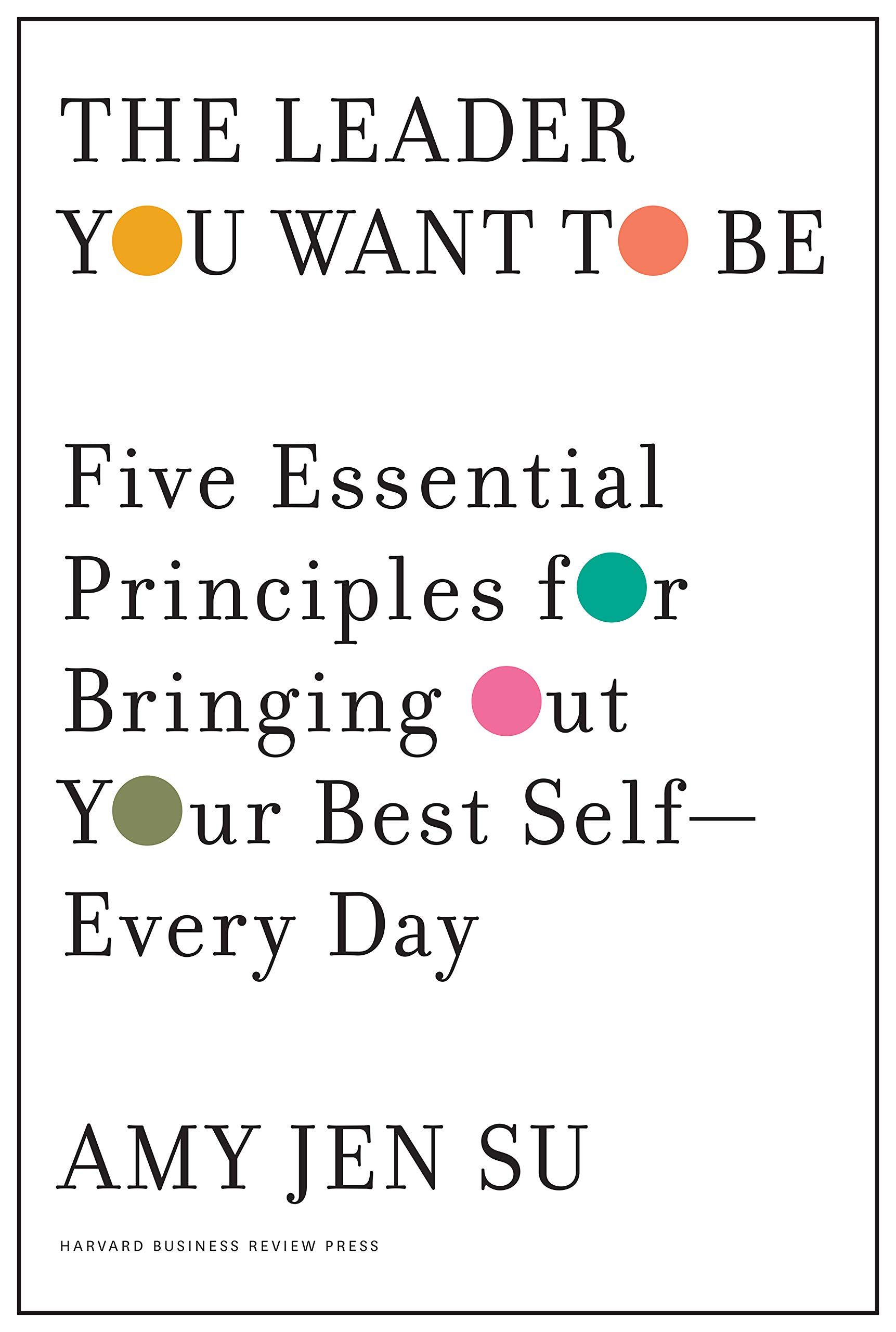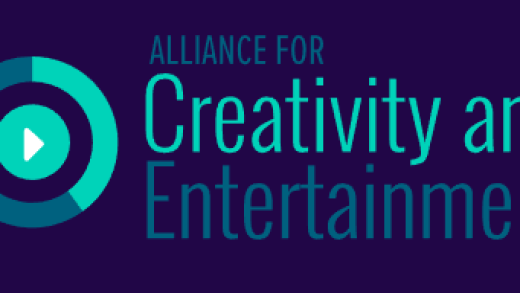Even if you’re not sporty, there’s a good chance you know at least one player on the U.S. women’s soccer team, or a former player. Abby Wambach, Megan Rapinoe, Alex Morgan — you’ve probably heard these names, even in passing. The team is a powerhouse in soccer — in fact, they’re the most successful team in international women’s soccer. But in the past few years, they’ve been making headlines for other reasons in addition to their athletic dominance.
There’s a documentary on HBO Max called LFG, which follows the U.S. women’s national team and their fight for equal pay. Despite the fact that the USWNT runs circles around the men’s team (hello, four World Cup titles to the men’s…zero), they make 89 cents to their male counterpart’s dollar per regular season game, and for World Cup appearances? The men make almost double in bonuses. In April, a judge approved a partial settlement between the USWNT and U.S. Soccer, and the team can continue their claims about unequal working conditions and more — although the same judge rejected the main arguments about equal pay last year. It sounds absurd that this is even an issue in 2021, but here we are.
If you’re interested in reading more about women’s soccer, activism and equality, or gender bias, here are some books to check out.
The National Team: The Inside Story of the Women Who Changed Soccer by Caitlin Murray
This book tells the story of the USWNT from the 1980s through today, discussing soccer leagues, the impact of the women’s team on the larger sport, the question of equal pay, FIFA and U.S. Soccer, and the National Women’s Soccer League. It’s an engrossing look that takes the reader into the locker rooms and negotiating rooms — if you’re a soccer fan, you won’t want to miss this.
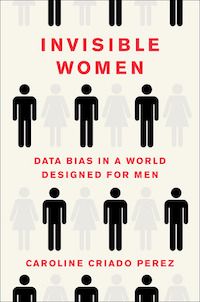
Invisible Women: Data Bias in a World Designed for Men by Caroline Criado Perez
Data is data, right? Well…not quite. Perez looks at how gender gaps in data actually perpetuate bias and put women at multiple disadvantages. Men are treated as the default and women are atypical, so the system is biased form the start. This is an eye-opening look at just how much this can affect women’s lives in a variety of ways.
Bad Feminist: Essays by Roxane Gay
I included this book because just like the USWNT, this book is badass. It’s a whip-smart collection of essays that span women’s friendships, pop culture, sexual violence, politics, and much more. Gay examines and dismantles pieces of our culture, and puts them back together in a way that allows us to see them in ways we never had before.
One Life by Megan Rapinoe
Rapinoe is perhaps one of the most well-known players on the USWNT right now, and she’s outspoken about what she believes in, whether that’s equal pay, LGBTQ+ issues, or racial justice. In this memoir, she writes about growing up in her family, finding her way to activism, and meeting her fiancé Sue Bird. It’s a fun read that gives you an inside look at not only Rapinoe the soccer star, but Rapinoe the person.
Amazons, Abolitionists, and Activists: A Graphic History of Women’s Fight for their Rights by Mikki Kendall and A. D’Amico
The struggle for women’s rights is nothing new: this has been happening forever, in different ways. Kendall and D’Amico have created this engrossing graphic history of the ongoing fight for women’s rights. It spans centuries, including abolition, suffrage, labor, civil rights, reproductive rights, and more. It’s an inclusive and accessible primer to important history.
The Man Watching: Anson Dorrance and the University of North Carolina Women’s Soccer Dynasty by Tim Crothers
How does this one fit on the list? UNC has consistently been a powerhouse in women’s soccer, with Tar Heel alumnae on the national team and on various professional teams. You know their names: Mia Hamm, Kristine Lilly, Ashlyn Harris, Tobin Heath, Jessica McDonald — do I have to go on? If you’ve ever wondered what goes on in that college soccer program, this book is a good start.
Lead From the Outside: How to Build Your Future and Make Real Change by Stacey Abrams
If anyone knows about taking a stand and affecting change, it’s Stacey Abrams. Written for outsiders — anyone outside the white male traditional power structure — this book examines multiple aspects of leadership, outlines practical strategies, and is full of personal stories that illustrate her points.
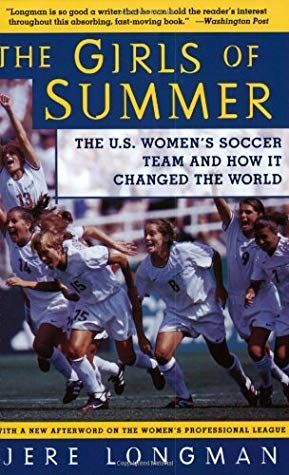
The Girls of Summer: The U.S. Women’s Soccer Team and How It Changed the World by Jere Longman
This is an older book (almost 20 years old) and looks at the team that won the 1999 World Cup: Mia Hamm, Brandy Chastain, Kristine Lilly, and more. That was the year that I remember people started to really wake up to the USWNT, and this book examines that — the societal expectations and stereotypes the team players faced, race and class on the team, and the discrepancies between men’s soccer and women’s soccer. Despite its age, much of the book still rings true today.
The Leader You Want to Be: Five Essential Principles for Bringing Out Your Best Self – Every Day by Amy Jen Su
In this book, Su looks at leadership: being the leader you want to be, as the title says. But she focuses on five specific elements of leadership to increase your impact. There’s no doubt the USWNT are leaders, on and off the field. They’re an inspiration to everyone, and if you’re looking for more reading on leadership, make sure to pick this one up.

WOLFPACK: How to Come Together, Unleash Our Power, and Change the Game by Abby Wambach
This book is based on her commencement speech to Barnard College from 2018. Women aren’t Little Red Riding Hood; we never have been — we’re the wolves. Wambach writes about letting go of old rules that don’t serve us and only serve to minimize our power and separate us, and instead join forces and recognize what we can do to change our communities and our world.
If you want more books about sports, check out this post about what the 2019 national team was reading, and this post about soccer books for kids.
Source : Books to Read After Watching LFG, the Women’s Soccer Documentary
